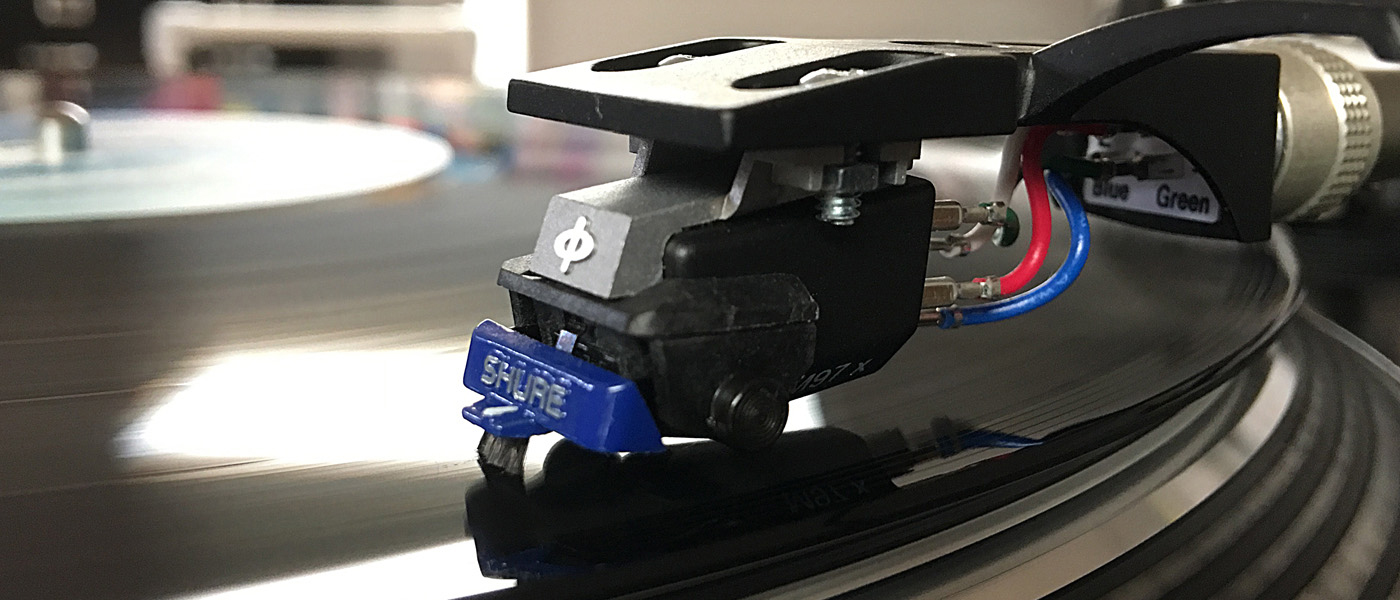Which site are you talking about? The 'secrets' site? If so, I never heard that. Below is their test protocol:
Benchmarks were obtained by using a Technics SL1200 Mk 6 turntable, which has been modified and rewired by KAB Electroacoustics, as a testbed. The turntable is plugged into a Parasound ZPhono preamp, which has a simple but excellent quality 2-stage phono section. Each cartridge will be measured using test tracks from the CBS Technical Labs (STR 100) test LP and three tone intermodulation tests from the Shure V15 Type 5 Audio Obstacle Course LP (TTR 117). The output, from the phono stage, will be recorded digitally at 24-bit 48 kHz (to minimize groove wear on the test LPs) on a TASCAM HD-P2 digital recorder. Those results were analyzed on my computer using SpectraPLUS audio measurement software via the Lynx TWO B professional sound card.
I personally would not have used the KAB device for formal testing. It is not a precision instrument, and suffers from environmental issues. It cannot be easily defeated for alternate 'before and after' comparisons. And it's a mess to clean up, afterwards.
As we know, different test records have different problems, but if all cartridges are measured the same way, you can have a reasonable idea.
The thing with cartridges is that there are so many variables, and the difference between, say, 1.5%THD at 1KHz and 0.5% may not mean much, in your living room. It's easy to watch a 'scope and point a finger; often difficult to correlate a measurement with what is heard.
Another big problem with all of this is that cartridge measurements are often meaningless because the product becomes meaningless. The Shure, for instance, is no longer available; it was an inexpensive cartridge to begin with, and suffered from QC problems from the Mexican factory. A good one was nice sounding, at its price point. You can sometimes find a few NOS on-line for high prices. I have two, and they are OK, for one hundred dollars. All cartridges have their own 'sonic signature', so you might as well toss a coin.
If you're looking for a good quality mid-level phono cartridge to enable your dreams of vinyl nirvana (on a budget), then the Shure M97xE is definitely...

hometheaterhifi.com

